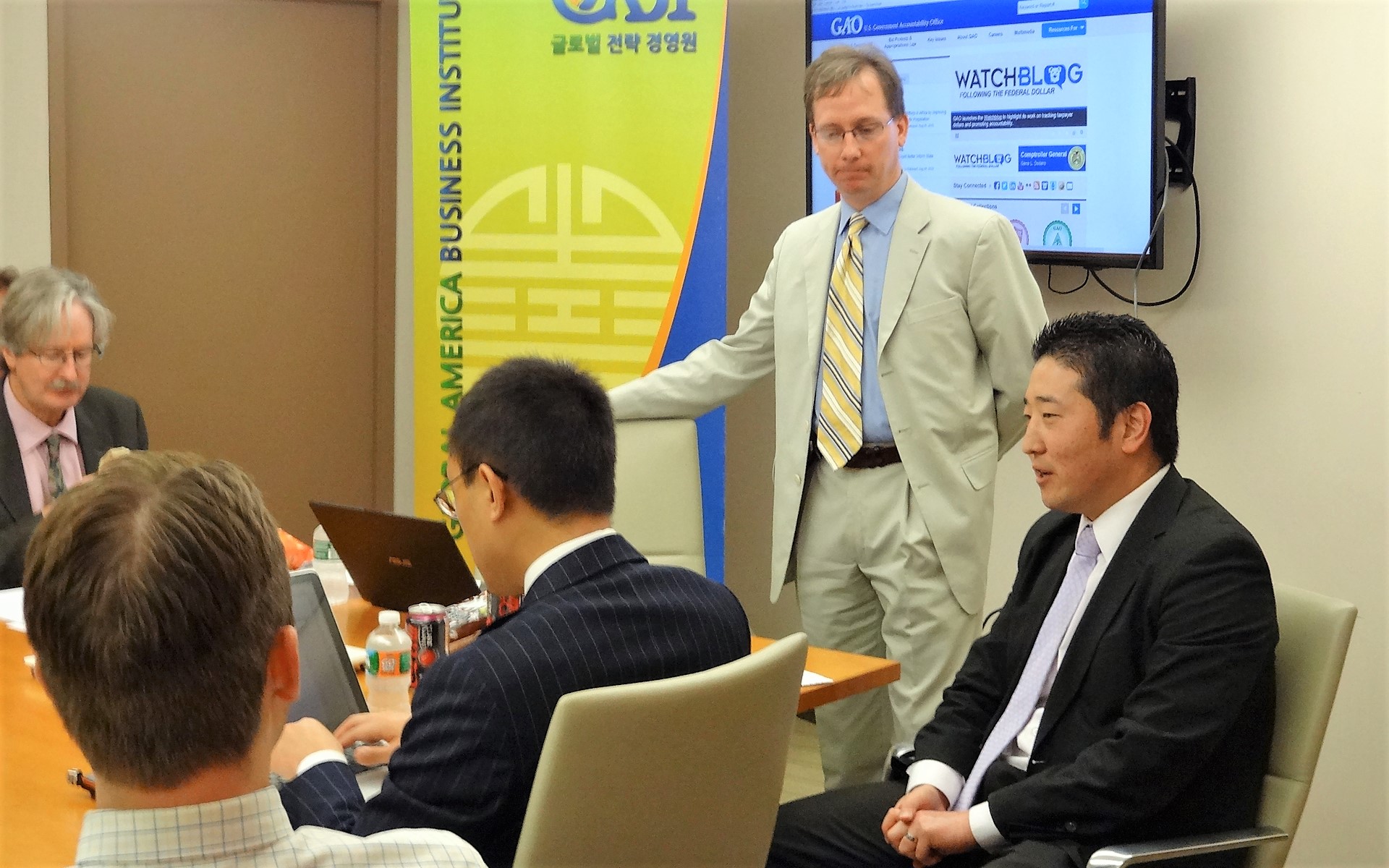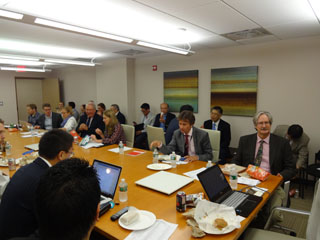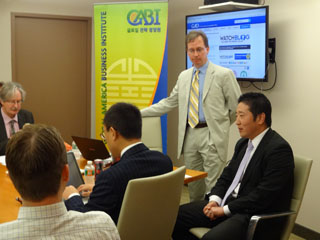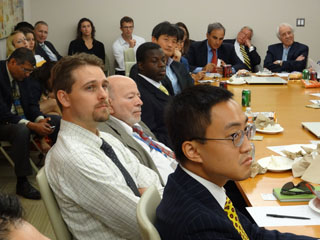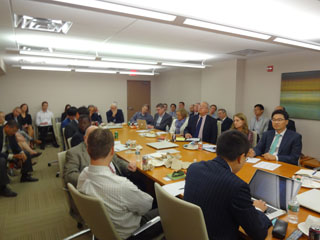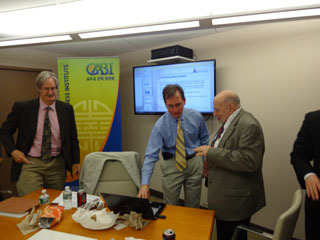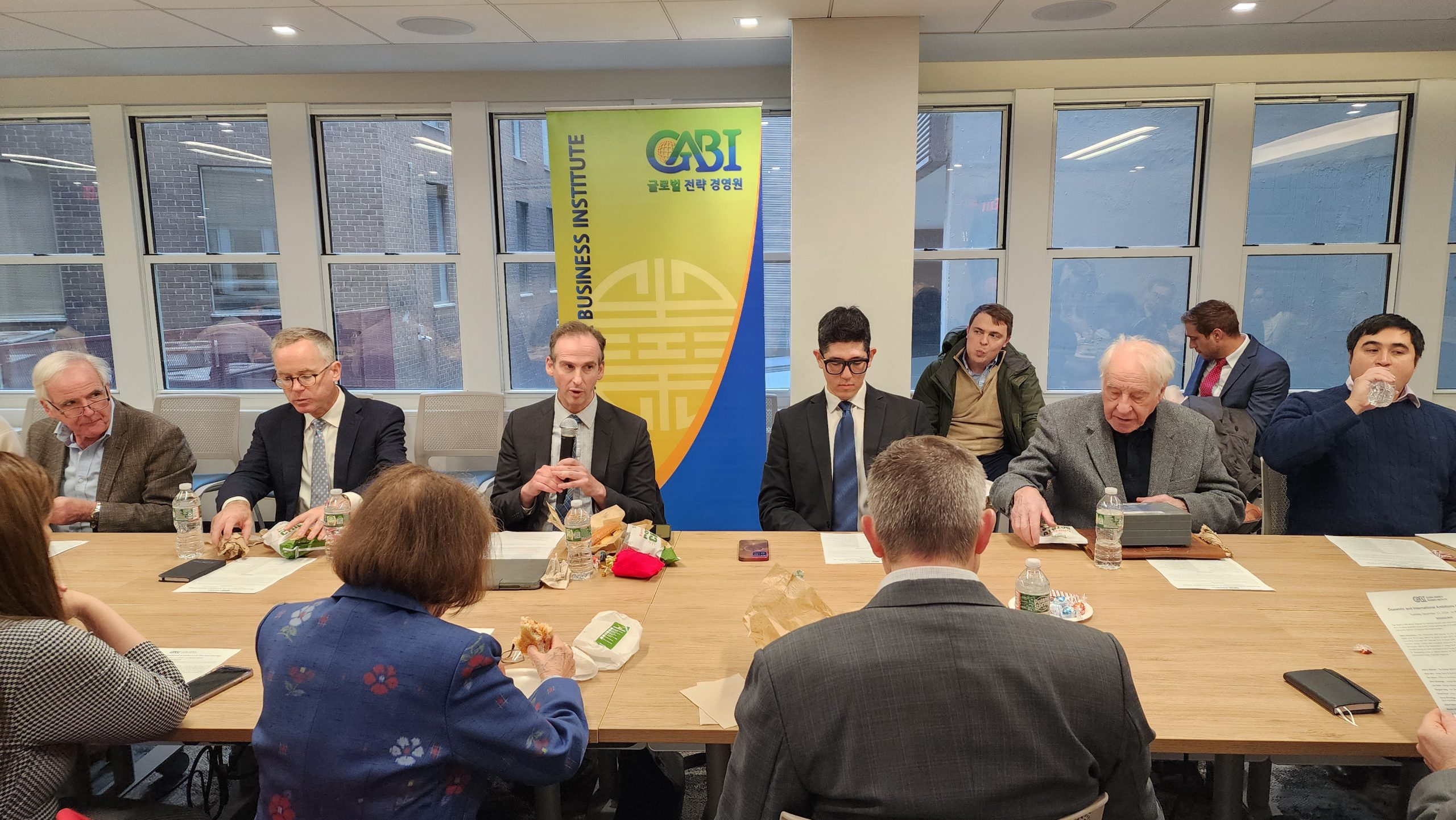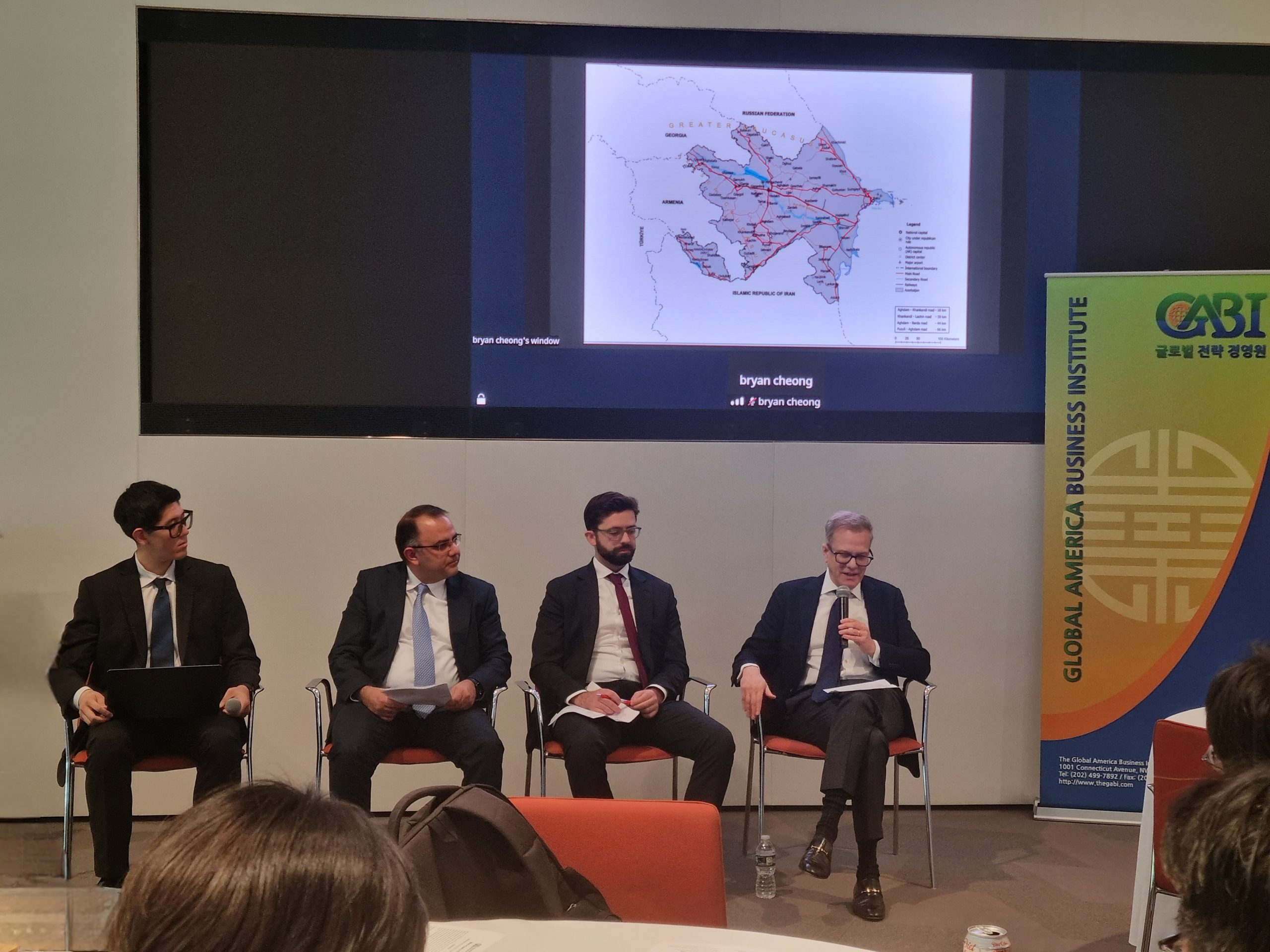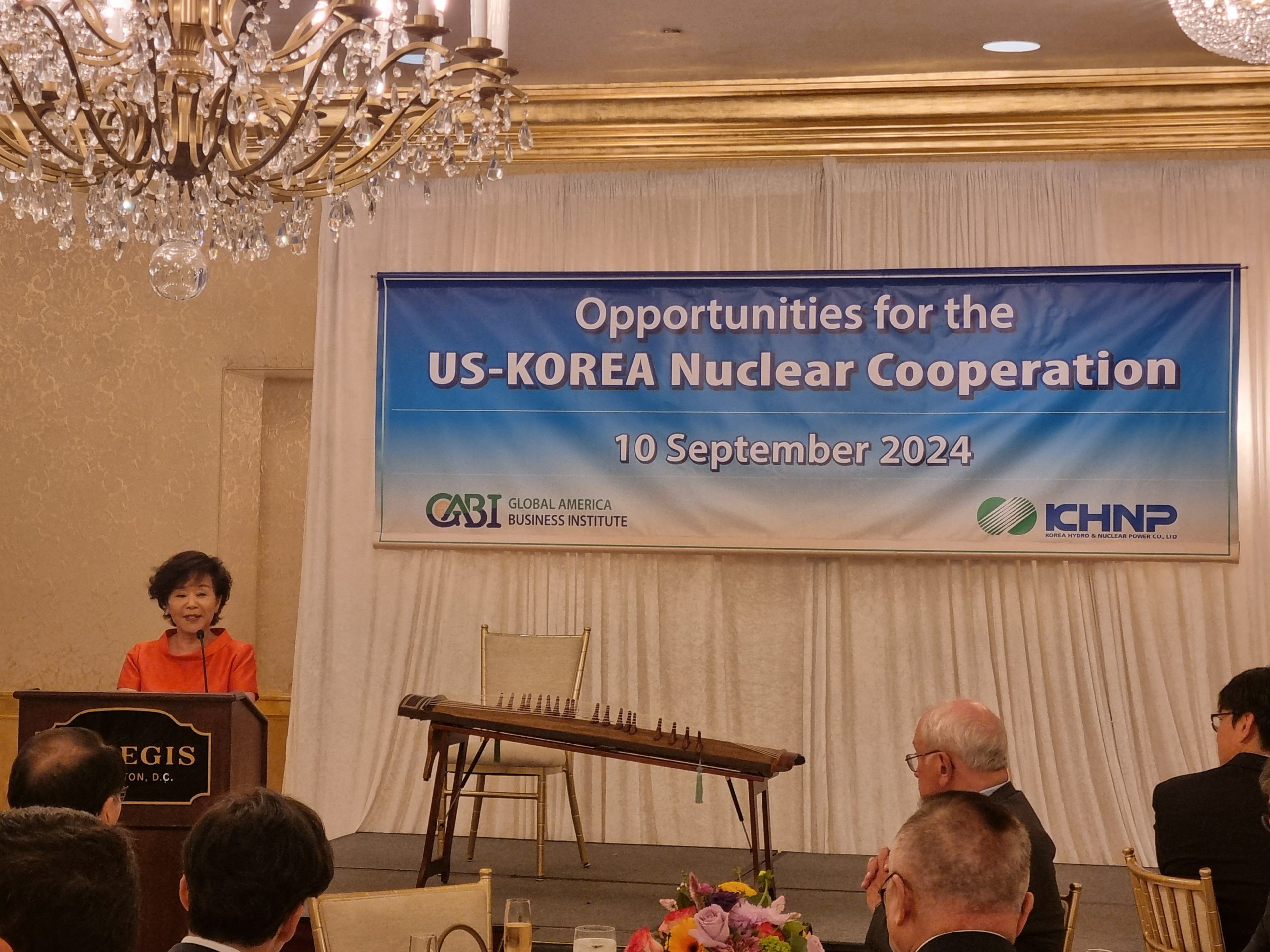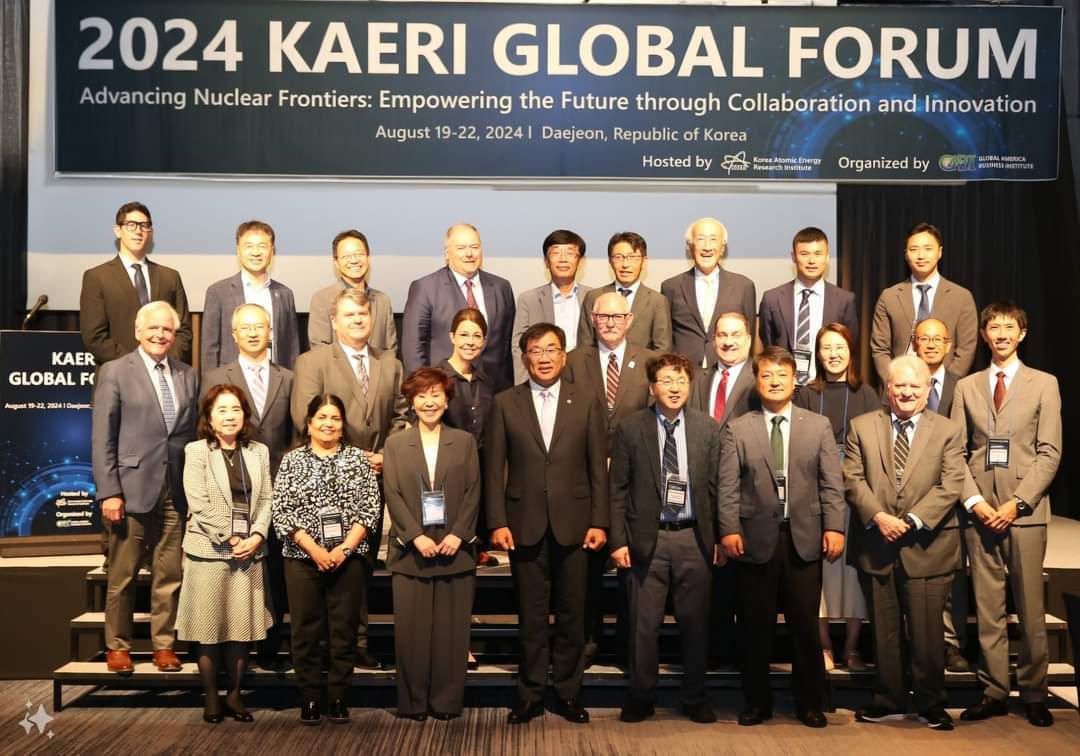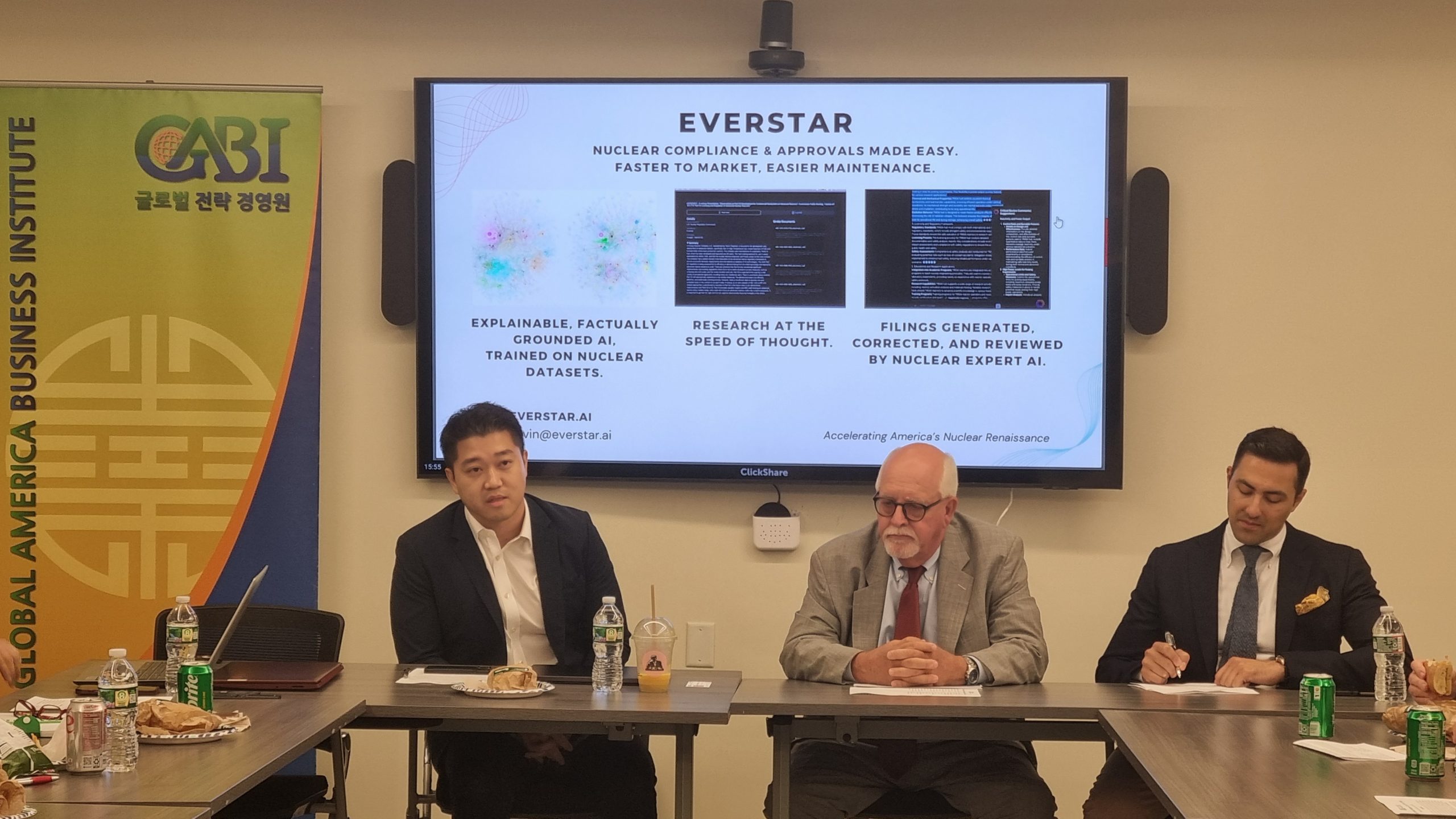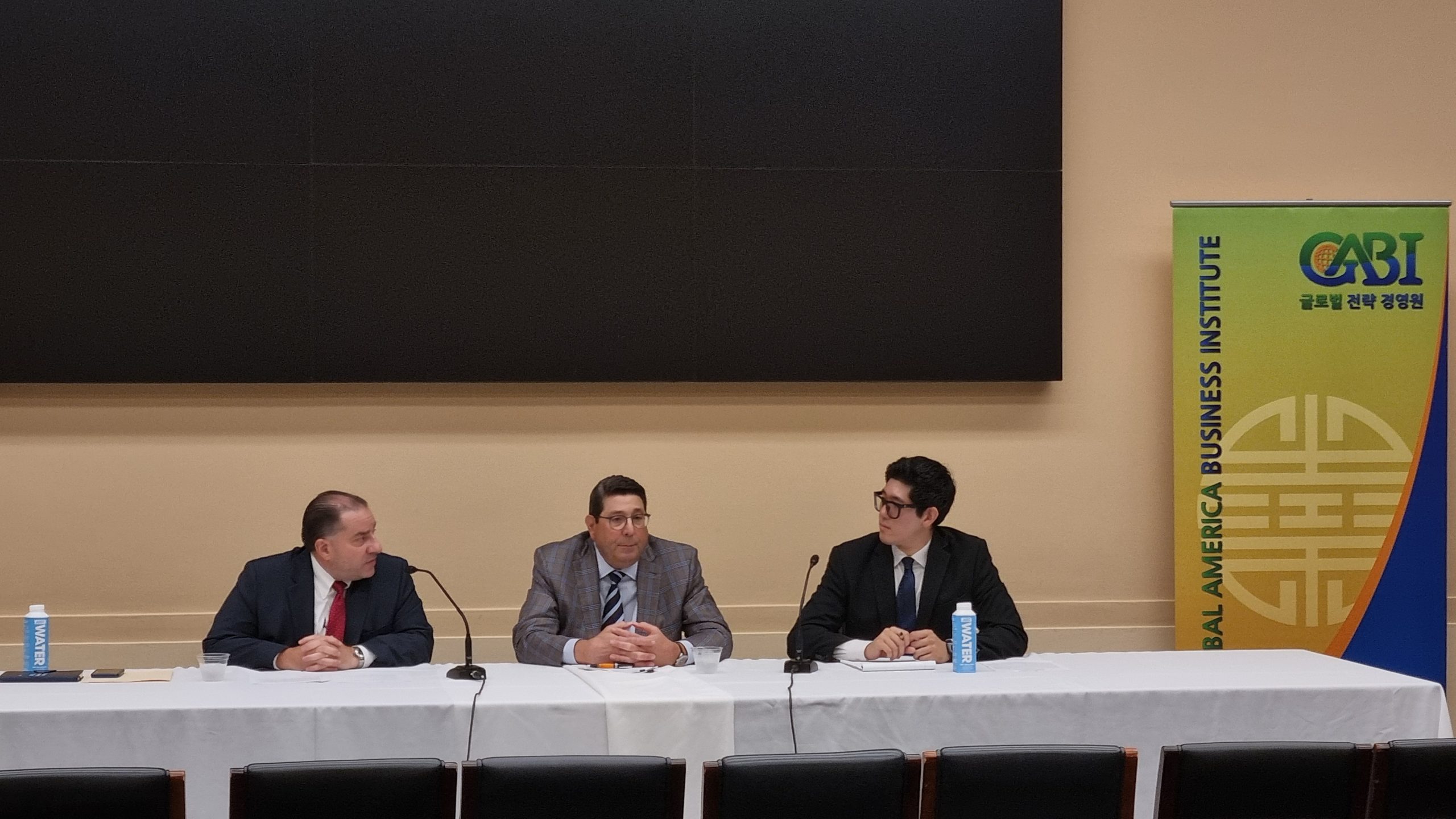Proponents of small modular reactors (SMRs) claim that they can improve the economics of nuclear power by reducing upfront capital costs, decrease times for reactor construction, and expand possibilities for siting and locating nuclear plants. SMRs can theoretically be mass produced in factory settings, and have much smaller footprints than conventional light water reactors. Given these advantages, SMRs can be deployed in remote areas or places where grid infrastructure is lacking. Many SMR designs also have the potential for significantly enhanced passive safety compared to large LWRs. In the U.S., SMR developer NuScale currently has a cost-sharing agreement with DOE for design certification, which it is planning to submit to the NRC in late 2016. Nevertheless, many SMR developers contend that they face considerable challenges associated with the high costs and lengthy timeframes for developing and certifying their designs, in addition to an uncertain market environment.
Status and Challenges in the Development and Deployment of Small Modular Reactors
August 27, 2015
By admin|2018-01-30T20:34:00-05:00August 27th, 2015|Categories: Nuclear Energy, Nuclear Energy Workshops|0 Comments

